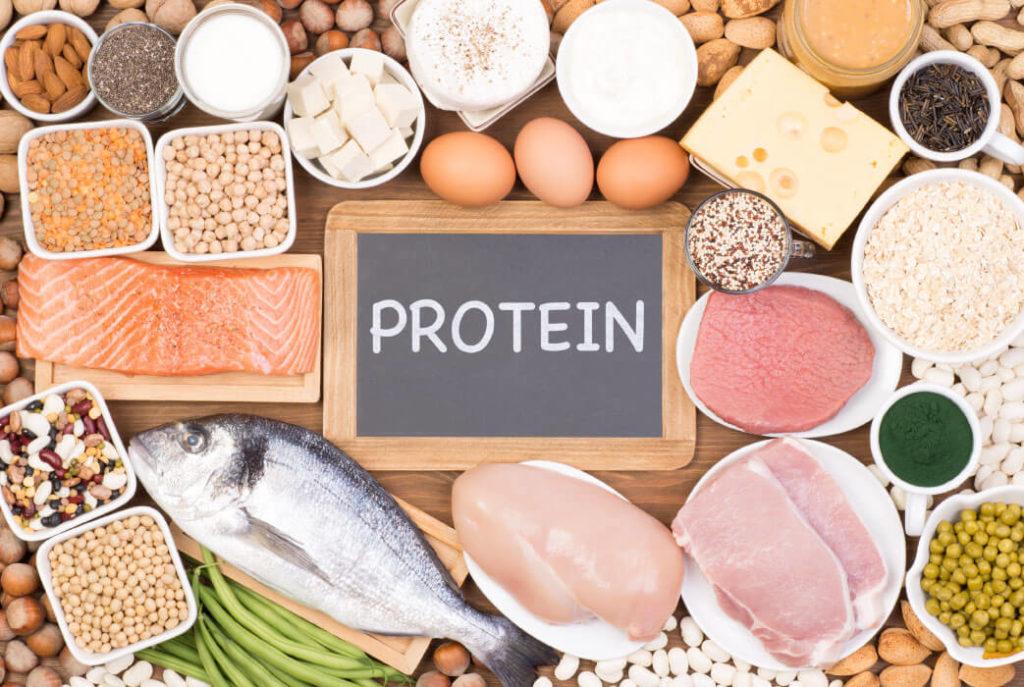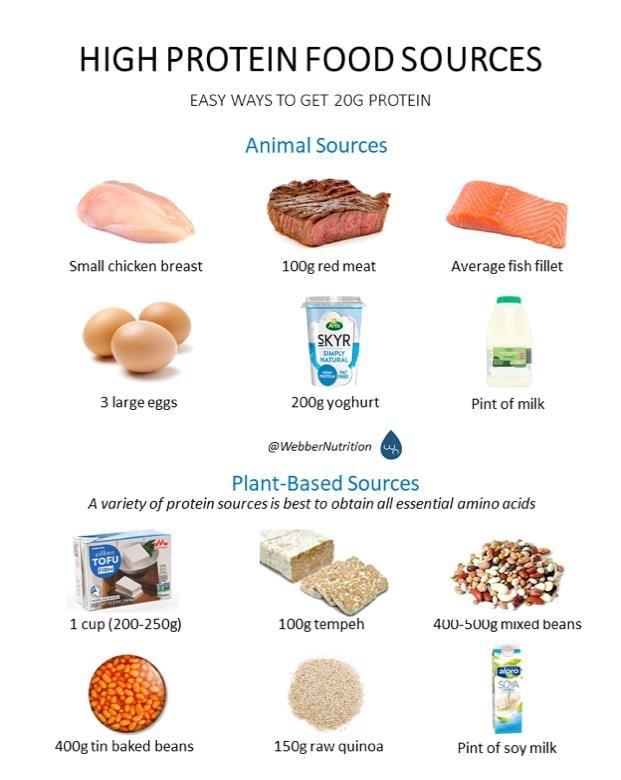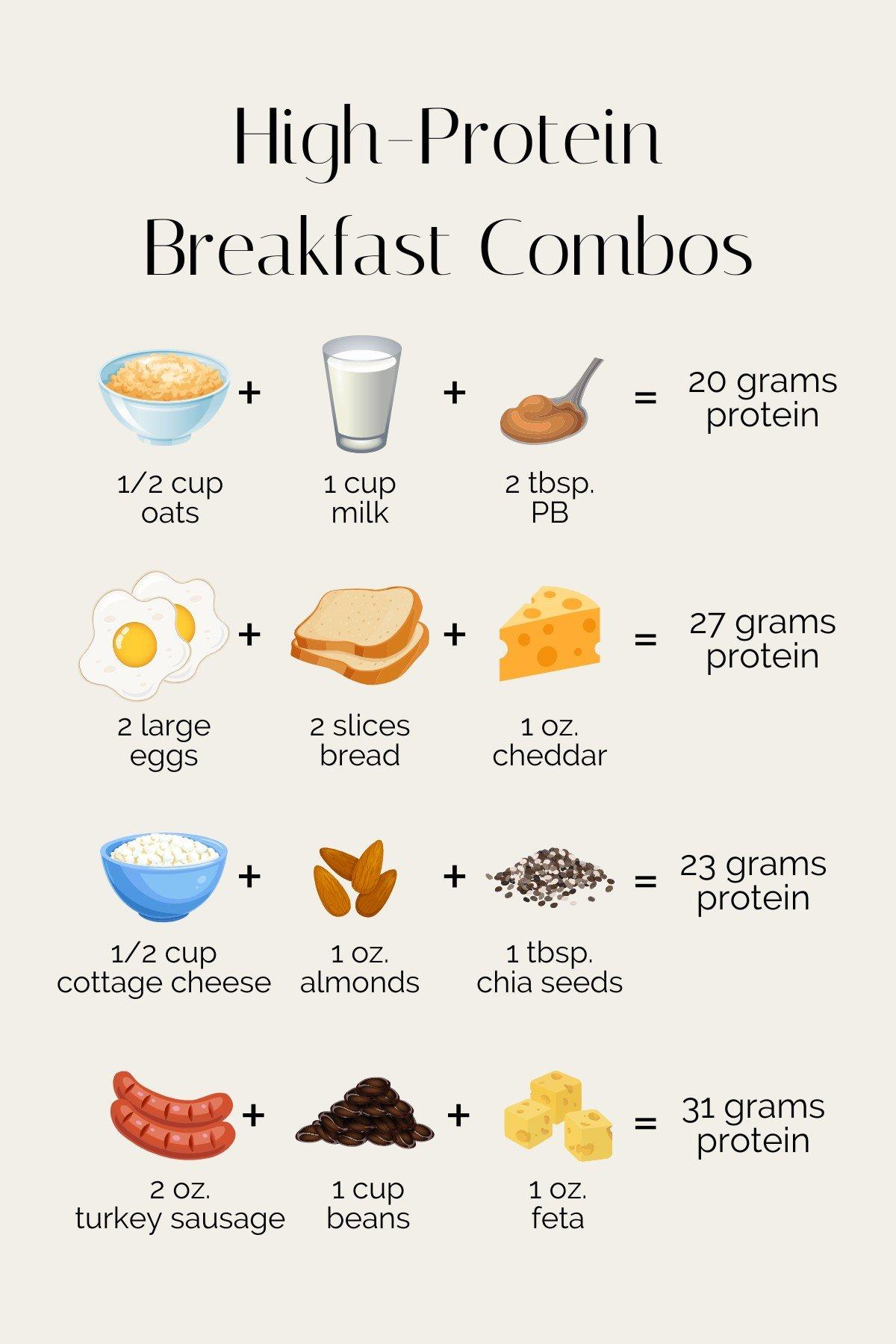Building muscle is a goal shared by many, yet achieving it efficiently requires more than just dedication in the gym. Central to this pursuit is optimizing protein intake, a crucial element that fuels muscle repair and growth. Understanding how to strategically incorporate protein into your diet can significantly enhance your muscle-building efforts. This article will guide you through the essentials of protein optimization, offering clear and actionable steps to maximize your gains. From selecting the right types of protein to timing your intake for peak effectiveness, you’ll learn how to align your nutrition with your fitness objectives, ensuring every workout yields the best possible results. Let’s delve into the science and strategy of protein intake, empowering you to unlock your full muscular potential with confidence.
Understanding Your Protein Needs for Maximum Muscle Growth
To effectively build muscle, understanding the right amount of protein your body needs is crucial. The optimal protein intake can vary depending on factors such as age, gender, weight, and activity level. Generally, aiming for about 1.6 to 2.2 grams of protein per kilogram of body weight per day is recommended for muscle growth. It’s essential to distribute this intake evenly across meals to maximize protein synthesis and recovery. Consider incorporating a variety of protein sources to ensure a well-rounded amino acid profile, which supports muscle repair and growth.
- Lean Meats: Chicken, turkey, and lean cuts of beef are excellent sources of high-quality protein.
- Dairy Products: Greek yogurt, cottage cheese, and milk offer not only protein but also calcium and other vital nutrients.
- Plant-Based Options: Lentils, beans, quinoa, and tofu provide protein along with fiber and essential vitamins.
- Supplements: Whey or plant-based protein powders can be a convenient way to meet your daily protein needs.
Moreover, timing plays a significant role. Consuming protein-rich foods or supplements within 30 minutes post-workout can enhance muscle recovery and growth. Remember, consistency is key; maintaining a balanced diet with adequate protein intake over time will lead to the best results.

Choosing High-Quality Protein Sources for Effective Muscle Building
For those committed to building muscle, selecting the right protein sources is paramount. Not all proteins are created equal; focusing on high-quality sources can significantly enhance your muscle-building efforts. Here’s what to look for:
- Complete Proteins: Opt for sources that provide all essential amino acids. Animal-based proteins like chicken, beef, fish, and eggs are excellent choices. For plant-based eaters, quinoa and soy products such as tofu and tempeh are reliable options.
- Lean Meats: Choose cuts that are lower in fat to ensure you’re maximizing protein intake without excess calories. Skinless chicken breast, turkey, and lean cuts of beef like sirloin or tenderloin are ideal.
- Dairy and Alternatives: Greek yogurt, cottage cheese, and milk offer high protein content along with calcium, which supports muscle function. Plant-based alternatives like almond or soy milk fortified with protein can also be effective.
Incorporating a variety of these sources not only keeps your meals interesting but also ensures a diverse amino acid profile, crucial for muscle repair and growth. Remember, the key is to maintain a balance, ensuring that each meal contributes effectively to your daily protein targets.

Timing Your Protein Intake to Enhance Muscle Synthesis
To maximize muscle synthesis, it’s crucial to understand the optimal timing for protein consumption. Strategically distributing protein intake throughout the day can significantly enhance muscle growth. Research suggests that consuming a protein-rich meal every 3-4 hours is more effective than the traditional three large meals a day. This approach maintains a steady supply of amino acids, which are essential for muscle repair and growth.
- Post-Workout Window: Consuming protein immediately after a workout is vital. This is when your muscles are most receptive to nutrients, making it the perfect time to replenish and repair.
- Before Bedtime: Consider a slow-digesting protein, like casein, before sleep. This ensures a continuous supply of amino acids throughout the night, preventing muscle breakdown.
- Breakfast Boost: Kickstart your day with a protein-packed breakfast to counteract overnight muscle protein breakdown.
By aligning your protein intake with these strategic windows, you can enhance your muscle synthesis and make the most of your workout efforts. Remember, consistency and timing are key to achieving optimal results.
Incorporating Protein Supplements to Boost Your Gains
Protein supplements can be a game-changer in your muscle-building journey, offering a convenient way to meet your daily protein requirements. When selecting a protein supplement, consider the following tips to maximize your gains:
- Choose the Right Type: Whey protein is popular for its fast absorption and complete amino acid profile, making it ideal for post-workout recovery. For those with dietary restrictions, plant-based proteins like pea or rice can be effective alternatives.
- Timing is Key: Consuming protein supplements within 30 minutes post-exercise can enhance muscle repair and growth. Additionally, spreading your intake throughout the day helps maintain a positive protein balance.
- Don’t Overdo It: While protein is crucial, excess intake won’t necessarily speed up muscle growth and could strain your kidneys. Aim for a balanced approach by integrating supplements with whole food sources.
Incorporating these strategies will ensure you’re leveraging protein supplements effectively, supporting your quest for optimal muscle gain. Remember, consistency and balance are your allies in achieving your fitness goals.




